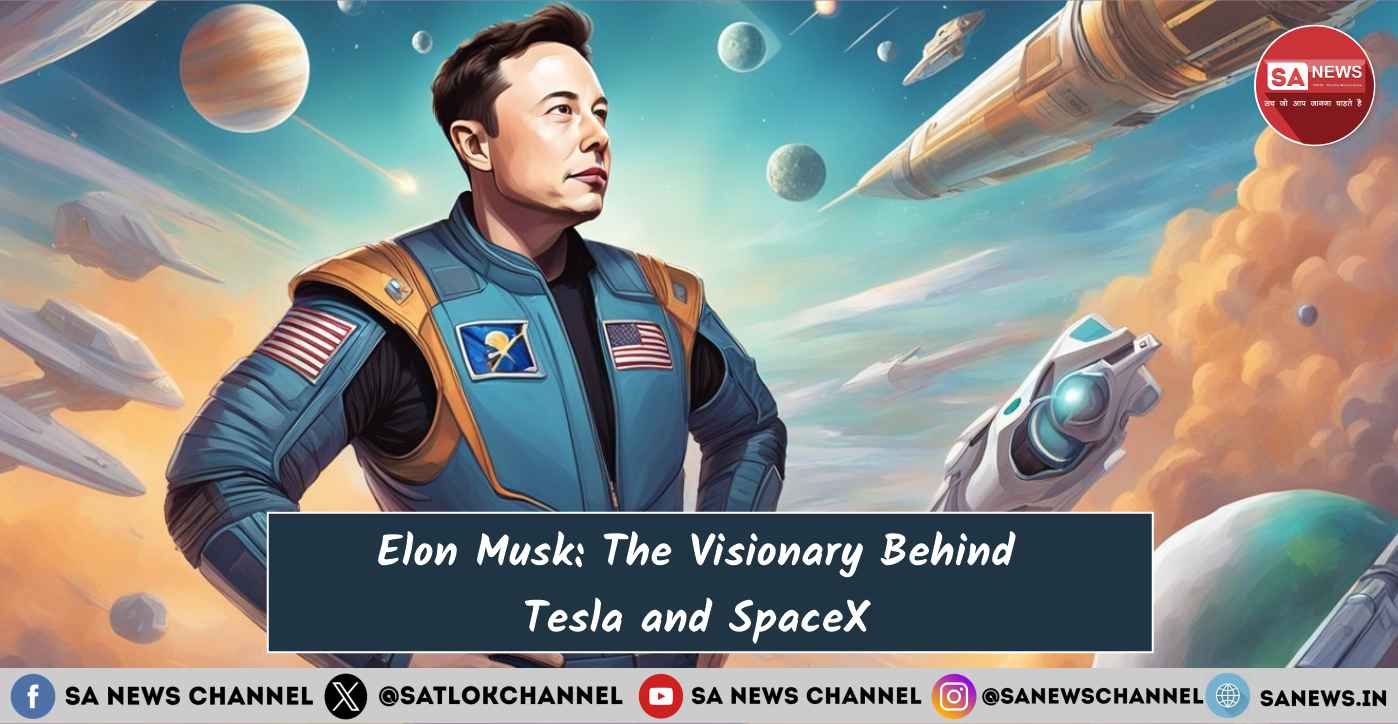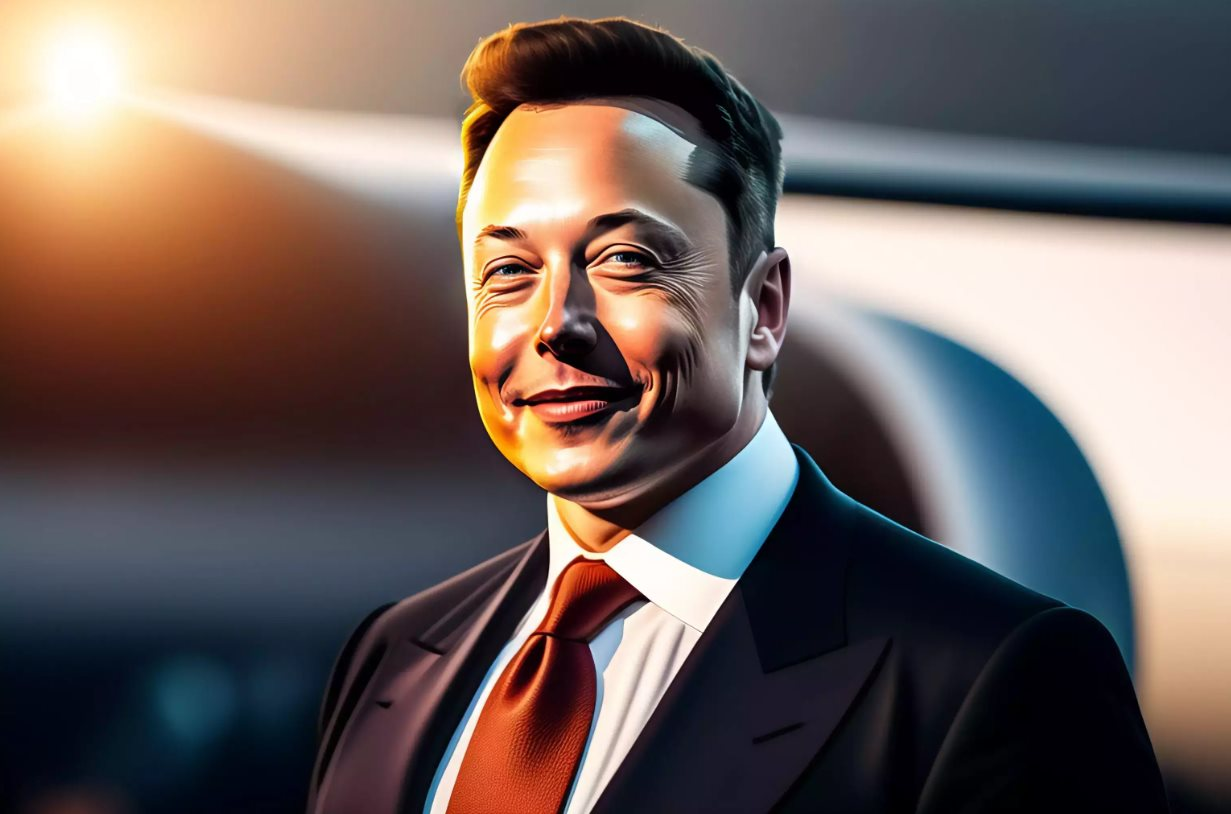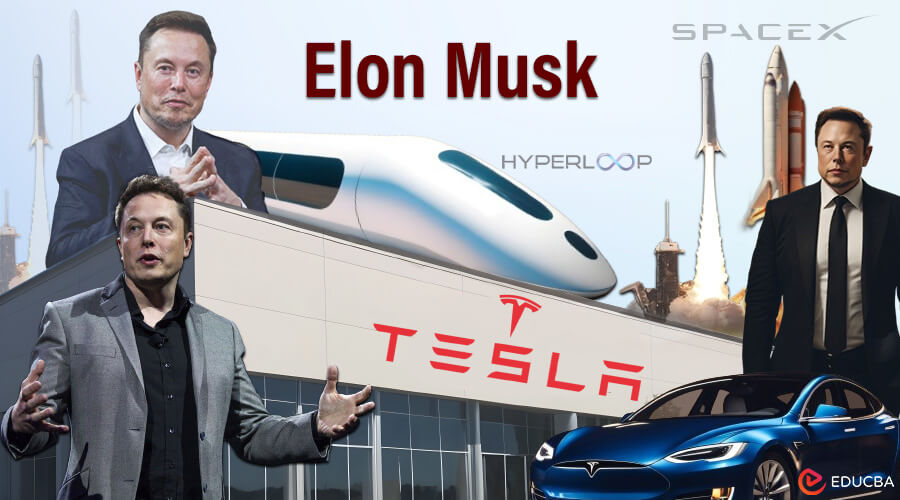Elon Musk is more than just a billionaire entrepreneur — he’s a symbol of limitless ambition, a trailblazer in disruptive technology, and a man whose bold visions are actively reshaping the course of humanity. But before he became the founder of Tesla, SpaceX, Neuralink, and more, Musk was a curious boy in Pretoria, South Africa, obsessed with space, software, and science fiction.
Humble Beginnings in South Africa

Born in 1971, Elon Reeve Musk showed signs of genius from an early age. By 12, he had programmed and sold his first video game, Blastar. He was introverted, highly intelligent, and often bullied, but his obsession with technology and reading (especially science fiction and physics) laid the foundation for what would become a world-changing career.
“I always had this existential crisis… trying to understand what does it all mean?” Musk once shared in an interview.
From Silicon Valley Startup to PayPal Success
After emigrating to Canada and then the U.S., Musk enrolled at the University of Pennsylvania, where he studied physics and economics. He then dropped out of a PhD program at Stanford to chase internet startup opportunities — a decision that would shape the digital age.
In the late 1990s, Musk co-founded Zip2, then X.com, which eventually merged and became PayPal. When eBay acquired PayPal for $1.5 billion, Musk walked away with $180 million — and immediately reinvested it into even more ambitious ventures.
Tesla: Accelerating the EV Revolution

Founded in 2003 and joined by Musk shortly after, Tesla Inc. aimed to make electric vehicles mainstream. While most dismissed EVs as impractical, Musk bet everything on innovation, design, and sustainability. From the Roadster to the Model S, 3, X, and Y, Tesla proved that electric cars could be sleek, powerful, and desirable.
Today, Tesla is the world’s most valuable car company, and Musk’s vision of a clean energy future continues to expand with products like Powerwall, Solar Roof, and the Cybertruck.
SpaceX: Reaching for the Stars
In 2002, Musk founded SpaceX with a goal that many called impossible: to make space travel affordable and colonize Mars. After several failed launches nearly bankrupted the company, SpaceX made history by:
-
Becoming the first private company to send a rocket to orbit
-
Launching and re-landing reusable boosters
-
Creating the Starlink satellite internet constellation
-
Becoming NASA’s go-to partner for astronaut transport
His long-term goal? A self-sustaining human settlement on Mars within our lifetime.

Musk’s latest frontier is Neuralink, a brain-machine interface company aiming to merge the human mind with AI. Although still in its experimental stages, Neuralink could someday:
-
Help paralyzed individuals regain movement
-
Cure neurological diseases
-
Enable human-AI symbiosis to prevent what Musk calls “the AI takeover”
The Man, the Meme, the Myth
Known for his controversial tweets, internet memes, and unfiltered interviews, Musk is as much a cultural icon as he is a tech mogul. He’s faced criticism for workplace practices and volatile leadership style, yet his relentless push for progress continues to inspire millions.
“Some people don’t like change, but you need to embrace change if the alternative is disaster,” Musk once said.
What’s Next for Musk?
-
Mars Colonization via SpaceX
-
AI-Human Integration through Neuralink
-
Autonomous Everything with Tesla
-
Universal Connectivity via Starlink
-
And possibly… an interplanetary currency or city-state?
Whatever comes next, one thing is clear: Elon Musk isn’t done changing the world — and he might just shape the next one, too.






